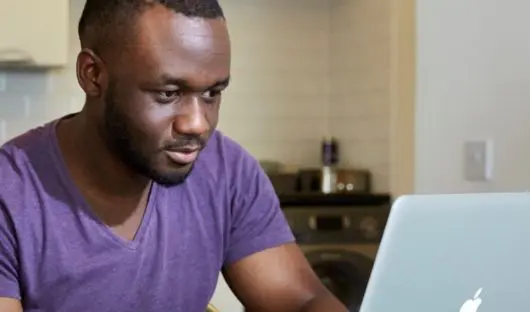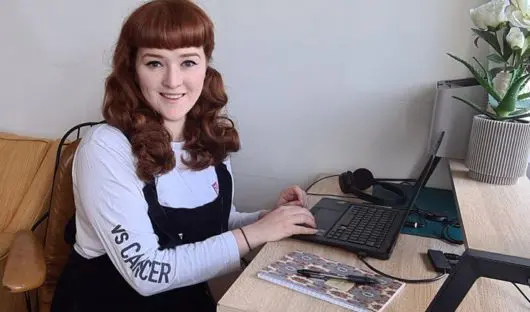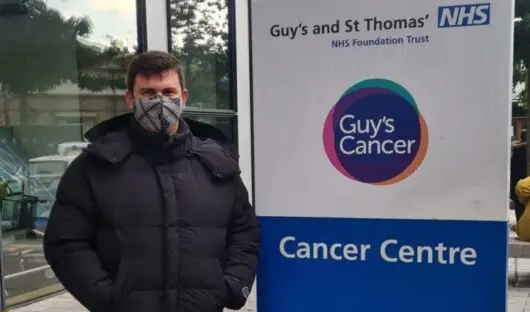Support when you’re just diagnosed
I have cancer. You never get used to that sentence, do you? People react in all kinds of ways when they find out – confusion, anger, fear, sadness. But however you’re feeling right now, you’re not alone. We’re here to support you every step of the way.
-
Young Lives vs Cancer
Read about young lives vs cancer
-
Cancer and Treatment
Read about cancer and treatment
-
Health and Wellbeing
Read about health and wellbeing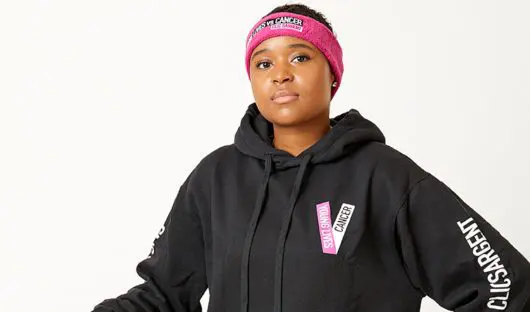
-
Money and Finances
Read about money and finances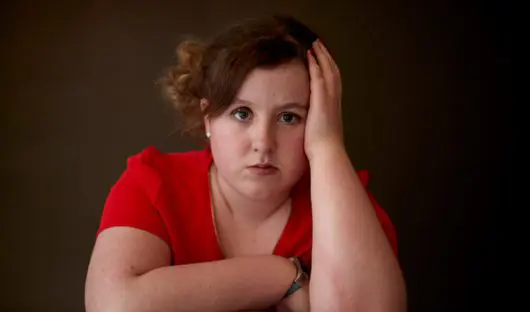
-
Get involved on social
Read about get involved on social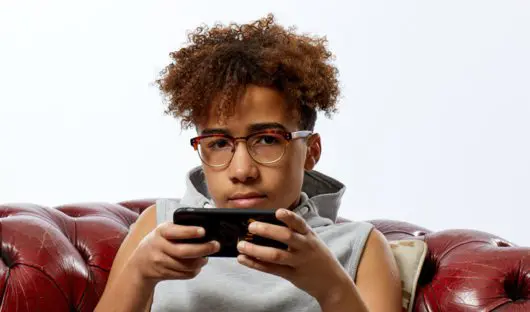
-
Education and work
Read about education and work
If you’ve just been diagnosed
It is normal to have lots of questions when you are told you have cancer. You might be thinking: How can I tell people? What will my treatment involve? Will I have to quit my job?
There is a lot to take in and it can feel like too much to deal with. It can help to decide what question matters most to you right now. Deal with that first and then move to the next on your list.
You can come back to our website at any time. You do not need to get all the information in one go.
A great starting point is our Cancer Toolkit. You can pick out the areas which are most important to you. There are also guides you can share with the people around you.
Understand your diagnosis
You are probably being told lots of medical information right now. This can be confusing and scary. You might find it helpful to record meetings with your care team or make notes.
Ask questions to make sure you understand what you are being told. It is okay to ask people to repeat or explain things as many times as you need. There are no ‘silly’ questions – if something matters to you it is important.
If you do not feel able to ask questions yourself, you can write a list and ask a family member or partner to ask them for you.
The main thing is you know what is going to happen and have all the information you need.
More information about diagnosis and tests is available here.
Get bite-size information about different cancer types here.
Speak to your healthcare professional
There are going to be lots of people involved in your treatment for a while. They will all be working together to make sure you get the best possible care.
Speak to your care team as openly as you can about any worries you have. You should also tell them if you start to have new symptoms or side effects.
You can find out more about the types of healthcare professionals who will be involved in your care here.
Questions to ask your doctor
You might have lots of questions you want to ask your doctor. It can help to write these down. You might also want to write down any answers you get. You can also ask to record your consultation.
The questions you want to ask will depend on what matters most to you. Here are some common questions:
- What treatment will I have?
- Are there different options?
- Where will I have my treatment?
- How long will it take?
- What are the benefits of my treatment?
- What are the risks?
- What side effects might I have?
- Will it affect my fertility?
- How can I tell if it is working?
- Who can I contact if I have more questions?
- What happens next?
Next steps
It is easy to focus on all the medical stuff and forget to take care of your mental health and wellbeing. It can be helpful to talk to friends and family. Or, you might want to see a counsellor or join a support group.
We have Facebook groups where you can chat to other young people with cancer. You can also talk to our expert social care team via our Live Chat. Find out more about the support we offer here.
Once you know about the medical side of your treatment, you might start to sort out the practical stuff. This might be how you are going to get to hospital, if you need someone to stay with you, or taking time off work. If you are going to be staying in the hospital for a while, you might want to think about things to do.
We have lots of advice on how to tell your boss here.
Get more information on staying in hospital, including some boredom-buster ideas, here.
Coming to terms with the diagnosis
Coming to terms with cancer is not easy. The medical information, treatment schedule, questions and emotions can all feel like too much. Remember you are not alone. There are lots of people who can help you during this time.
Processing the information
You will get a lot of information straight after a cancer diagnosis. You may want to break it up into smaller chunks to deal with one step at a time. Some of the first things you might want to know are:
- The type of cancer you are dealing with
- The stage and grade of the cancer
- The symptoms
- The possible treatments
You might want to look up some medical terms to ensure you understand what you are being told. Do not be afraid to ask people to explain. Sometimes healthcare professionals use complicated words without realising. Get them to tell you what to expect in plain language.
You might feel you need some extra support to process what is going on. Your Young Lives vs Cancer Social Worker and your care team can help you find out more about this.
Should I get a second opinion?
You might want to get a second opinion after being told you have cancer. Some people find a second opinion which confirms their diagnosis is reassuring. Others want to see if there are different treatment options.
But getting a second opinion can delay your treatment. You might also be disappointed if nothing changes.
It’s a good idea to ask for another appointment with your cancer team before you decide to get a second opinion. Tell them what is worrying you and let them know how they can help.
Understanding your emotions
Cancer can cause a lot of emotions. You may feel numb, sad, angry or worried. These feelings are common and you are not alone.
Find out more about common feelings and when to get help here.
We also have information on emotional support if your child has cancer here.
Speak to a support worker
Cancer support workers provide practical support and care for people with cancer. They work with your healthcare team to help with non-clinical concerns.
You can share any concerns with them. You can also ask them for practical advice about money and getting back to education or work, as well as information on wellbeing and emotional support.
Find out more about getting support here.
Possible changes to your lifestyle
Having cancer might mean you need to make some changes to your lifestyle. Eating well and gentle exercise can give you a boost. You may need to cut back on things like alcohol for a while and make sure you get enough sleep.
Find out more about looking after your health and wellbeing here.
Telling your loved ones
Telling your friends and family about cancer can be tough. They might not react as you expect. This is normally because they are in shock. Most people will want to be there for you and help in any way they can.
It can help to plan who you want to tell first and how you want to tell them. How much you share is up to you.
Get more advice on how to tell your friends you have cancer here.
Read parents’ tips on telling friends and family here.
Stories from people just after their diagnosis
Everyone reacts differently to cancer. But it can help to know other people have been through the same things as you. We have lots of stories from young people and their families which you might want to read.
Ben went to the doctors after finding lumps in his back. Ben shares his story here.
Three-year-old Imogen’s parents share their experience here.
Evelyn was 13 when she was diagnosed with a brain tumour. Evelyn shares her story here.
Jess was diagnosed with acute myeloid leukaemia aged 19. Read her story here.
Ainsley struggled with the impact of his cancer diagnosis. Read his story here.
Watch a video of Kaiser talking about his diagnosis here.
Read more stories and watch more videos via our blog section here.
We’re here to help – how we can support you
As well as the information and advice on this website, Young Lives vs Cancer offers day-to-day support for families. We have a Live Chat service, helpline and dedicated email address. Find out more here.
Our Young People’s Service is available in hospitals across the UK. One of our friendly social workers or community workers will get in touch after you have been diagnosed to discuss how we can help you and your family. Find out more here.
